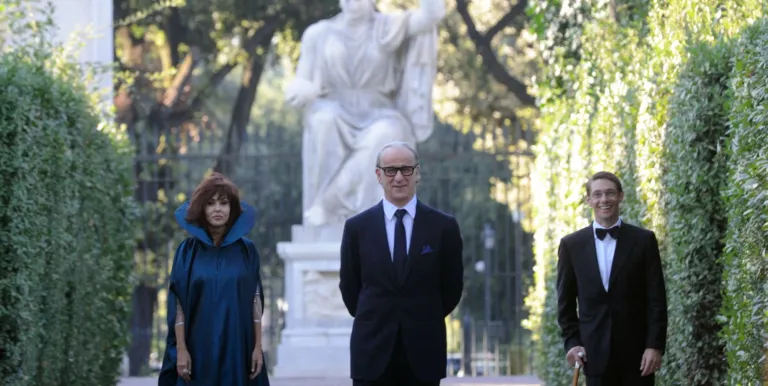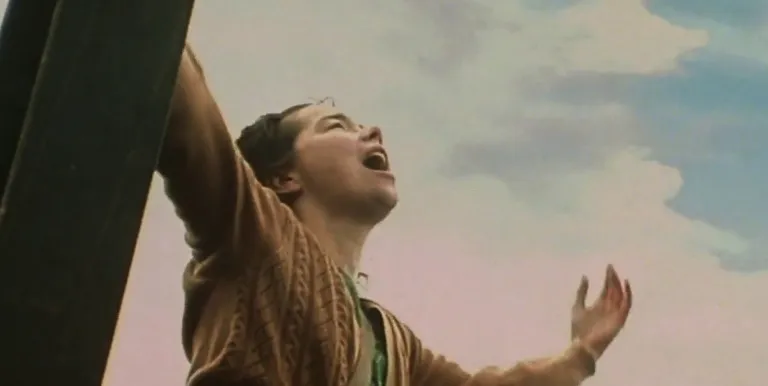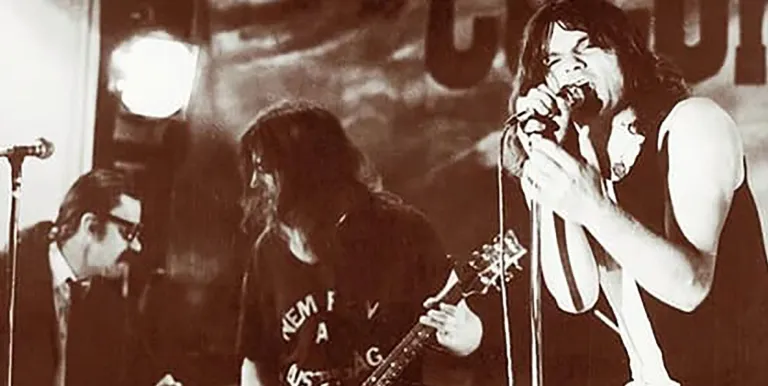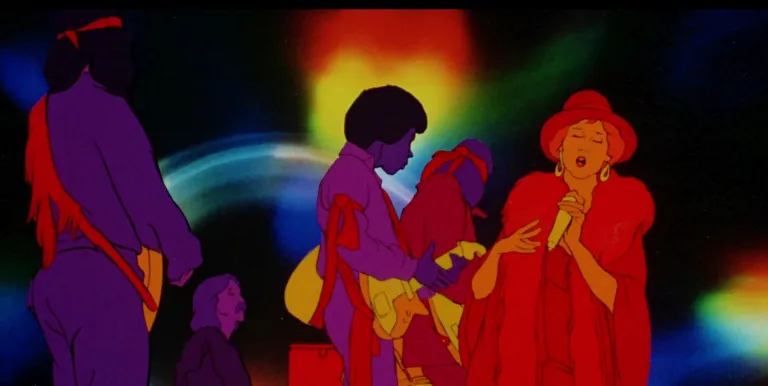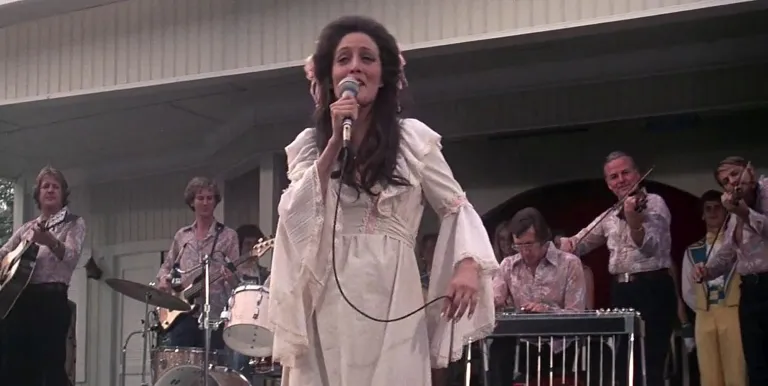Paolo Sorrentino's film The Great Beauty (2013) won the 2014 Oscar for Best Foreign Language Film (something that Federico Fellini failed to do in 1962), as well as around 50 other awards. Even though it's not about anything. To be more precise, it is about nothing, about emptiness. The hero of the story came to Rome aged 26. Now he is 65 years old. He is a spoilt writer and journalist. He is a waster, a skirt-chaser. A modern and more damaged reincarnation of Marcello from La Dolce Vita. And after partying away the last half a century, he must mark this landmark birthday in some way - whether he likes it or not.
It isn't hard to notice Fellini's film in the background of Sorrentino's. The film's framework references La Dolce Vita, with an elevated beginning that is at once sacred and profane, and at the end the sea, the unattainable. Between them is Rome, from Trastevere to the Colosseum. The Great Beauty is playful, funny, acerbic, ironic and infinitely painful. It's not easy to identify the problem with our hero, Jep Gambardella, given that his Rome life was 'dolce vita' itself, pure entertainment and success. His only book - written 40 years ago - made him a writer, and since then everyone has been eagerly awaiting his next work. What more could you need? It seems the questions raised by Fellini in 1960 are still valid. Living life to the full can at the same time feel merely colourless. A kind of nausea? Or simply a desire for the unattainable, which, perhaps, our hero never actually wanted to attain? Half a century is a long time... After viewing The Great Beauty, might it be worth rewatching Fellini's La Dolce Vita?
In Italian, with Hungarian subtitles.
Presented by: Müpa Budapest
-
We wish to inform you that in the event that Müpa Budapest's underground garage and outdoor car park are operating at full capacity, it is advisable to plan for increased waiting times when you arrive. In order to avoid this, we recommend that you depart for our events in time, so that you you can find the ideal parking spot quickly and smoothly and arrive for our performance in comfort. The Müpa Budapest underground garage gates will be operated by an automatic number plate recognition system. Parking is free of charge for visitors with tickets to any of our paid performances on that given day. The detailed parking policy of Müpa Budapest is available here.

